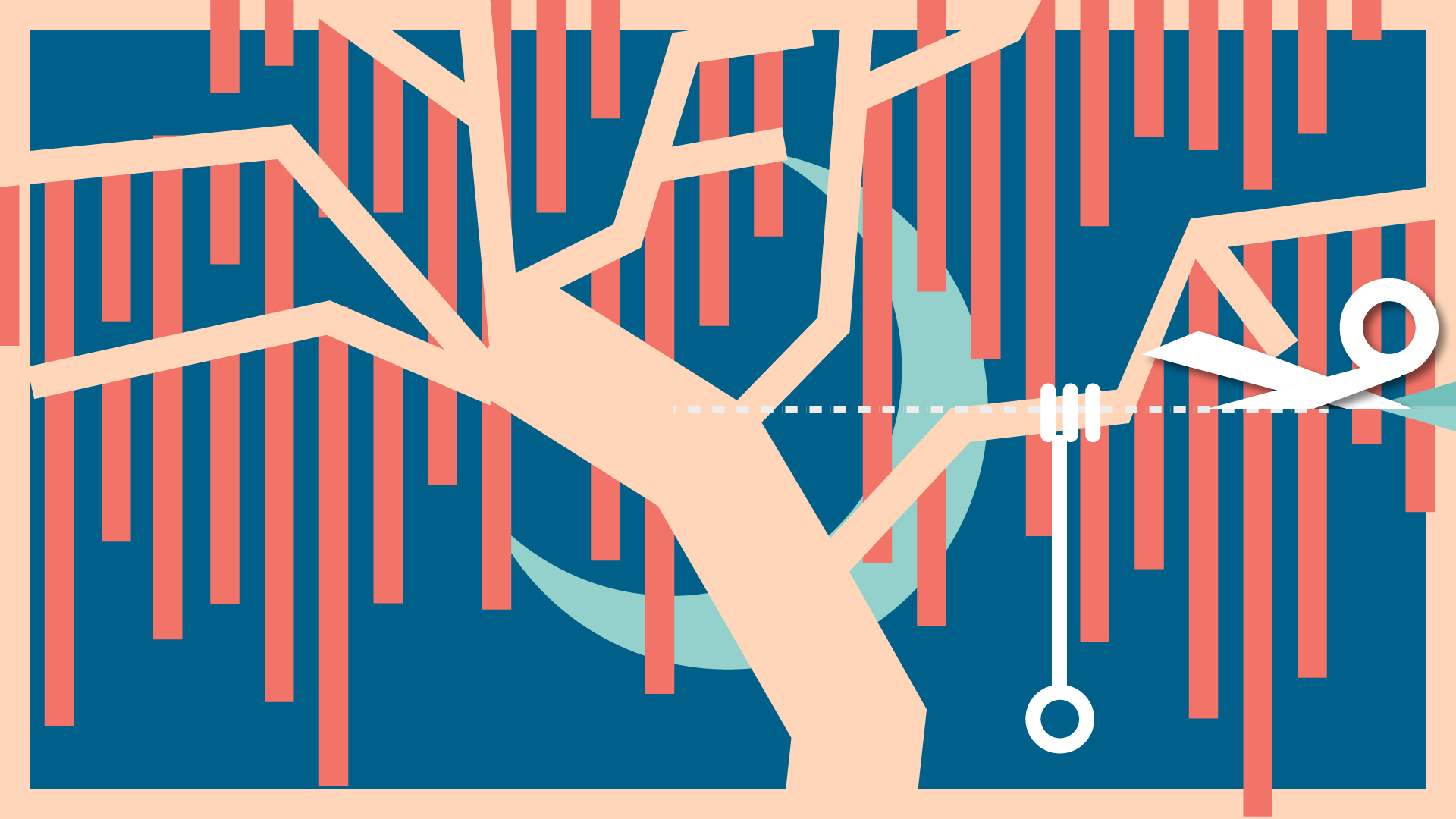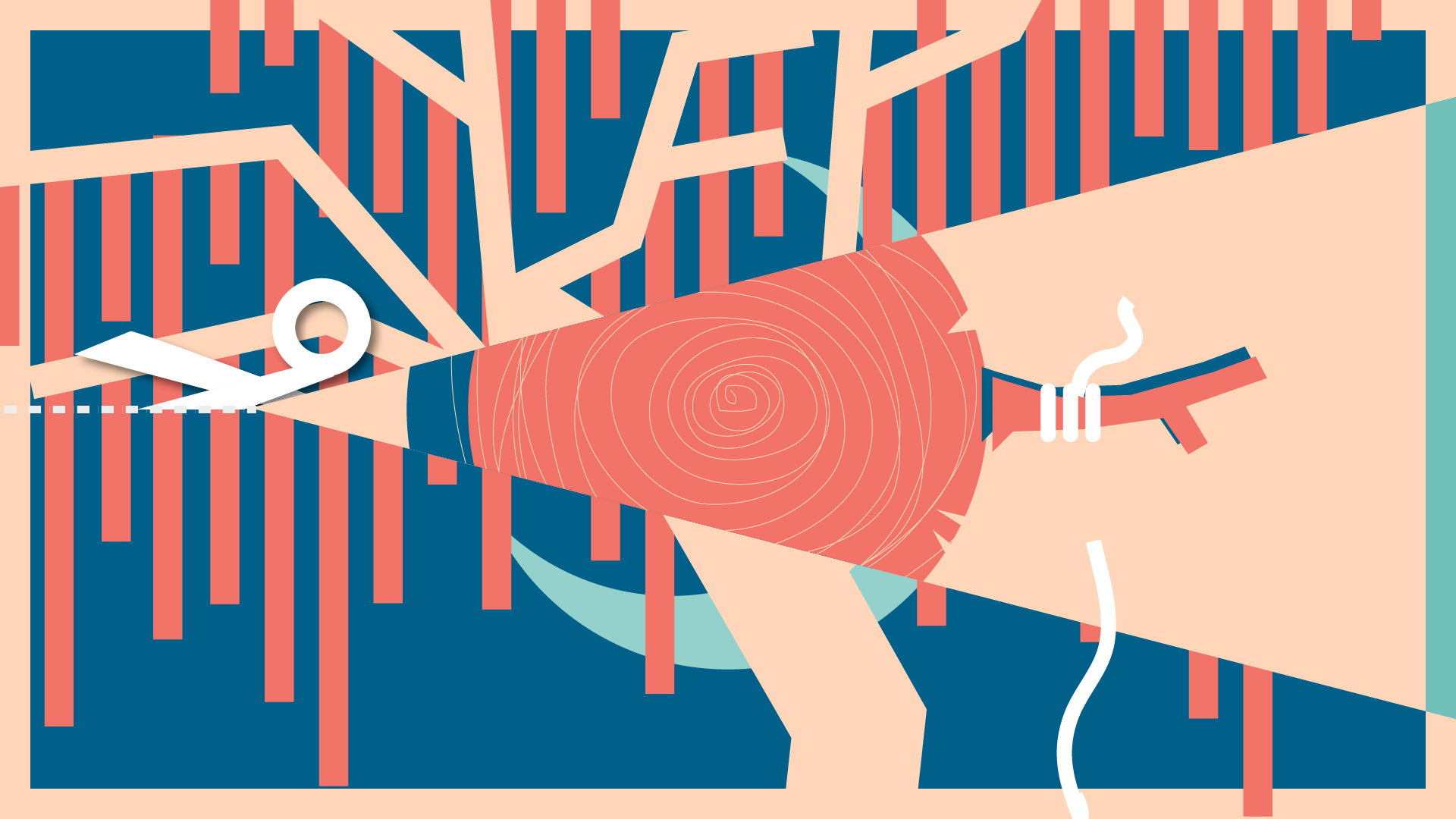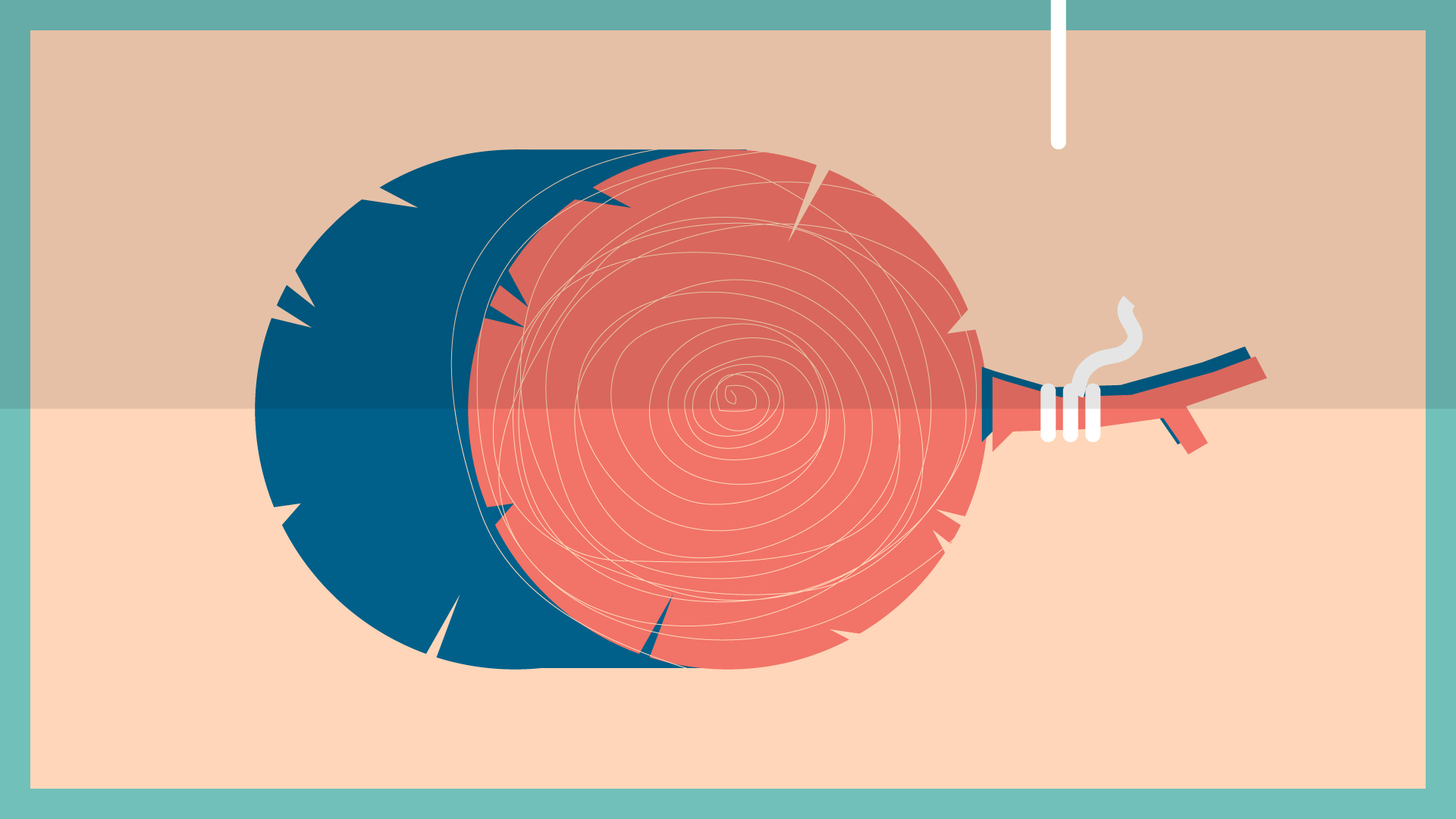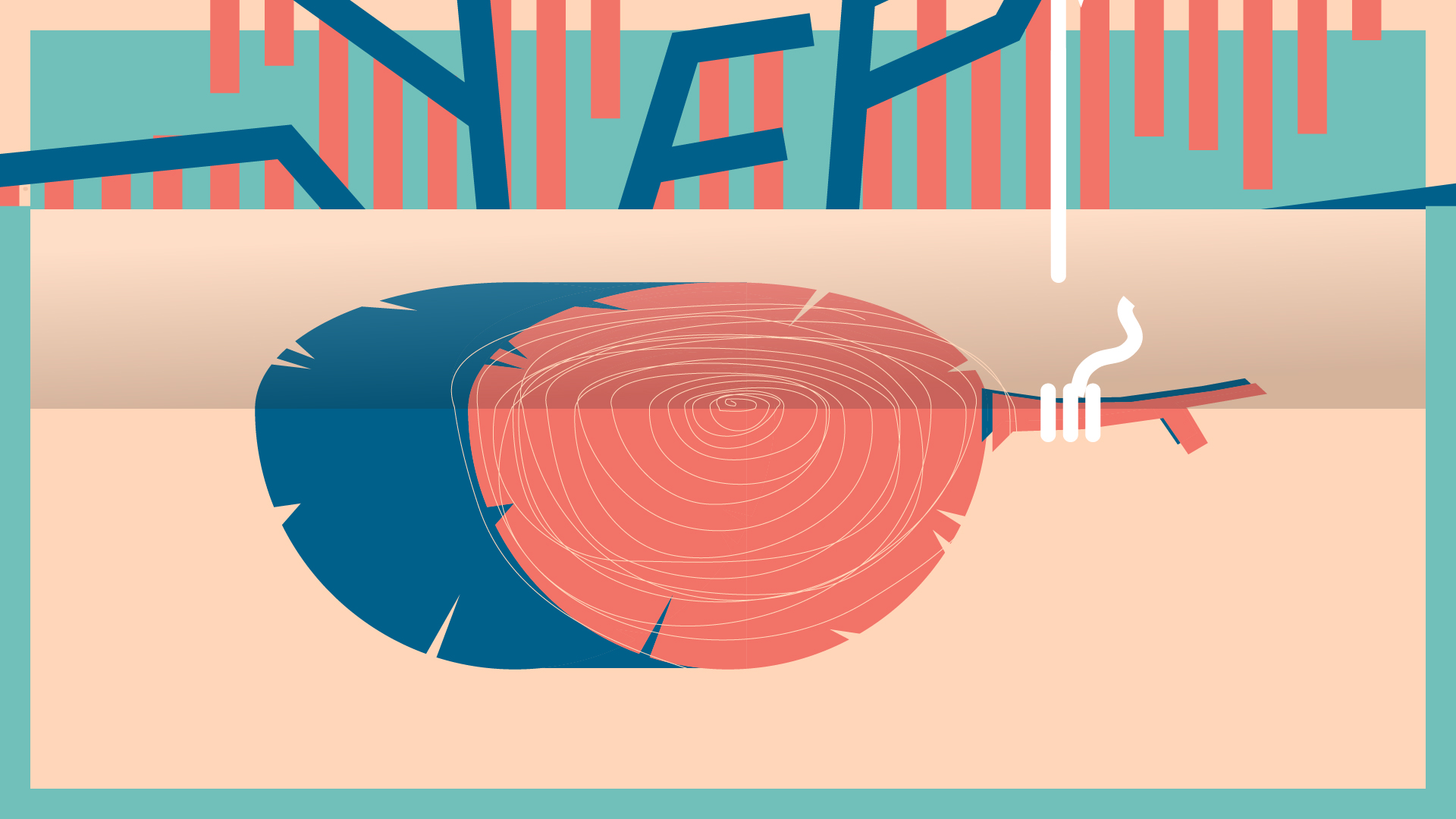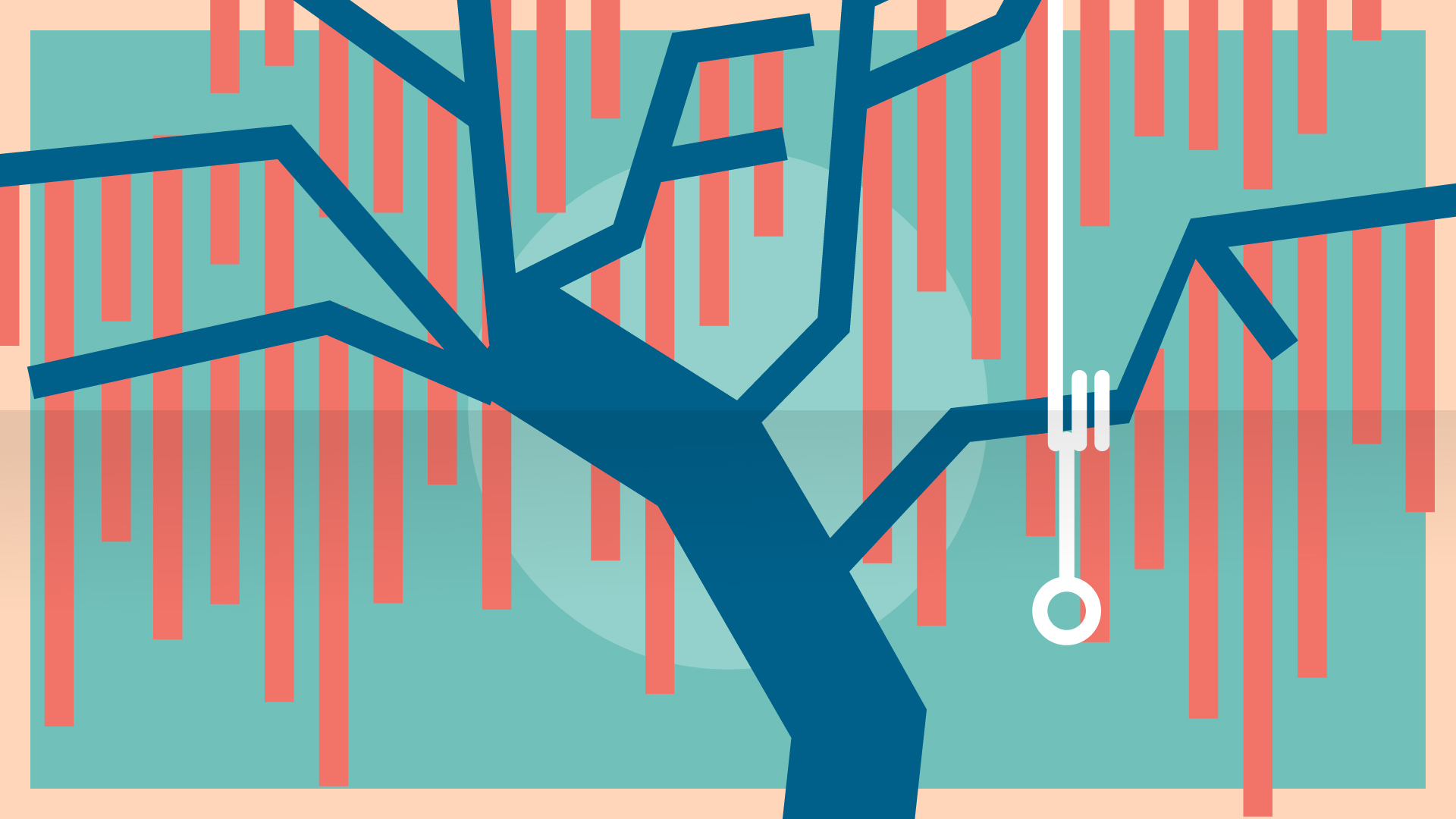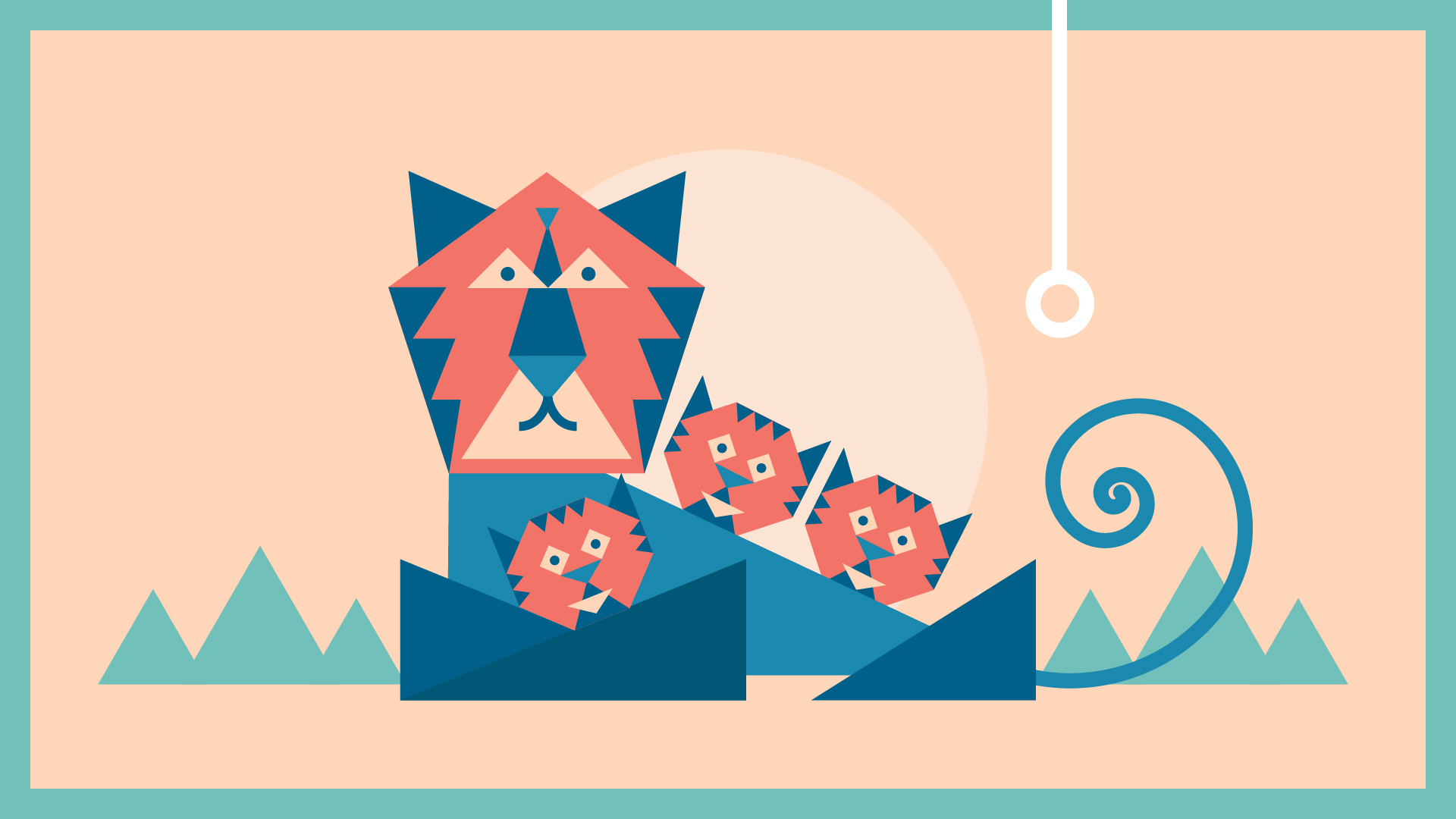Every little thing you love hides an extraordinary story.
Cricket isn’t just a sport, but a way of life in India.
The crack of a great shot. The rattle of the stumps. The roar of the crowds...
We cheer every sound that defines cricket. The game isn't just a sport in India but a way of life. However, unsustainable and illegal felling of trees not only has an irreversible impact on our forests and wildlife, but also on the future of the game that we love. WWF engages with companies for responsible wood sourcing and sustainable forest management to conserve the world's forests. And by making sure that you buy wood that's grown and harvested sustainably, you not only save our forests but also help save cricket.
Forests cover about one-third of Earth’s land area and house over two-thirds of world biodiversity. They not only provide a range of environmental and social benefits, but are also responsible for livelihoods of as many as 1.6 billion people globally. Despite being aware of their importance, forests are being cleared to cater to the growing demand of products like timber and paper.
India is a timber-deficit country due to a combination of limited land availability, regulations, social factors and economic conditions. Imports of timber, pulp and paper are growing and expected to rise exponentially. The nature of these imports – the way they are grown, harvested and traded – is of major concern to WWF.
Through the Global Forest Trade and Network (GFTN), WWF-India works with the forest products industry to help it adopt more responsible practices for sustainable wood trade across its supply chain. GFTN encourages trade links between companies committed to achieving responsible forestry and trade, endeavoring to create market conditions that support forest conservation while providing economic and social benefits for the businesses and people that depend on them. WWF-India also promotes credible sustainability standards like the Forest Stewardship Council (FSC) that certifies responsible production of timber, pulp and paper products.
Courtesy: WWF India
Credits
Design and Animation: Kunal Sen
Client: World Wide Fund for Nature (WWF)
Agency: Ogilvy (New Delhi)
Music and Sound: Abhishek Mathur
'Help Save Cricket' poster by Ogilvy (New Delhi)







